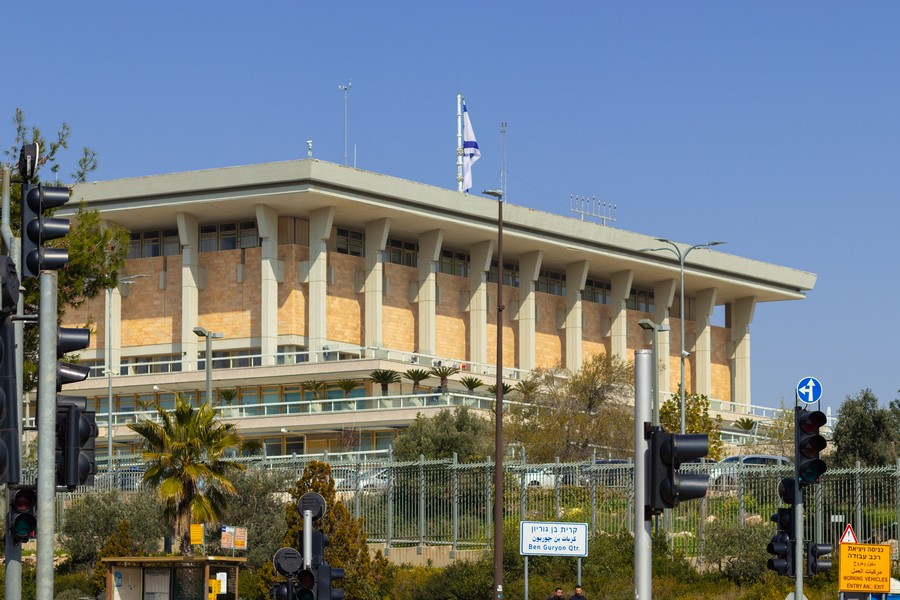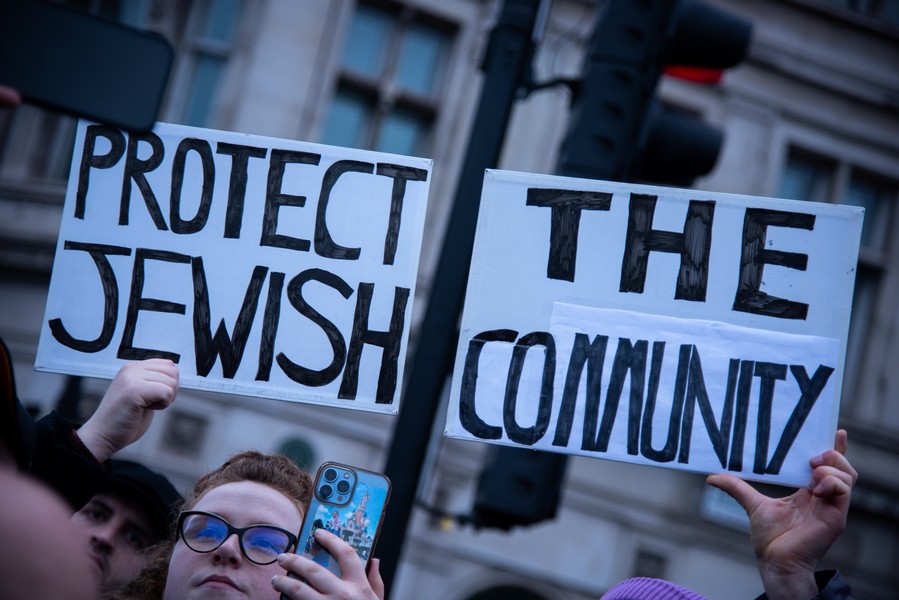Strengthening the U.S.-Israel Alliance
Asher Frednan: The new U.S. administration offers a chance to deepen U.S.-Israel ties in order to advance regional stability and shared interests. Expanding regional multilateral initiatives, military collaboration, and AI innovation will enhance shared security and economic growth. Countering Iran through sanctions and supporting pro-democracy movements is key to stability. Addressing biased international institutions will protect both nations. Strengthening this alliance will help shape a safer and more prosperous future.
January 29, 2025.
https://youtu.be/yOyiLdk39Iw

